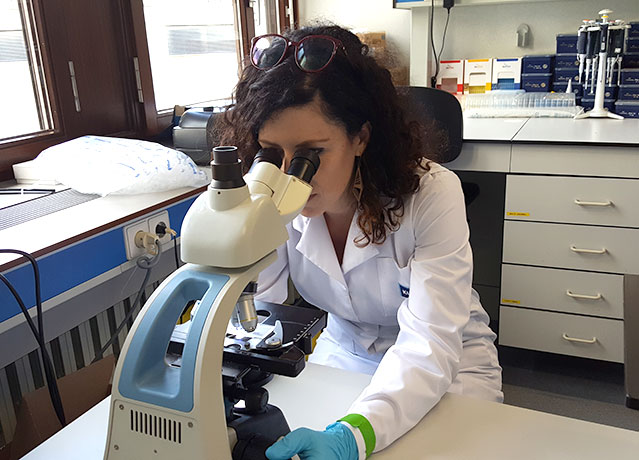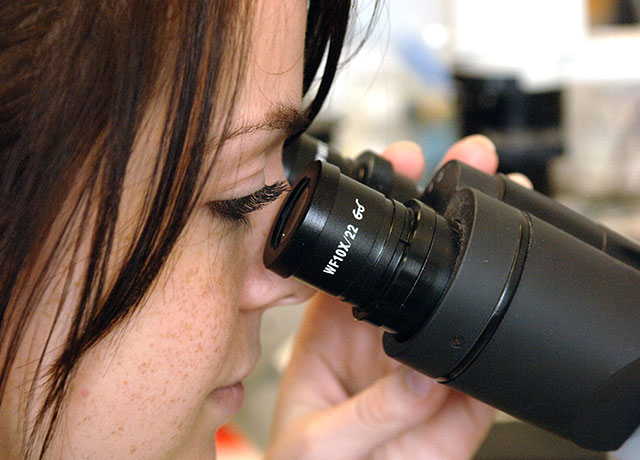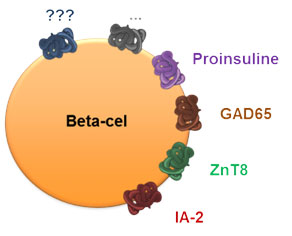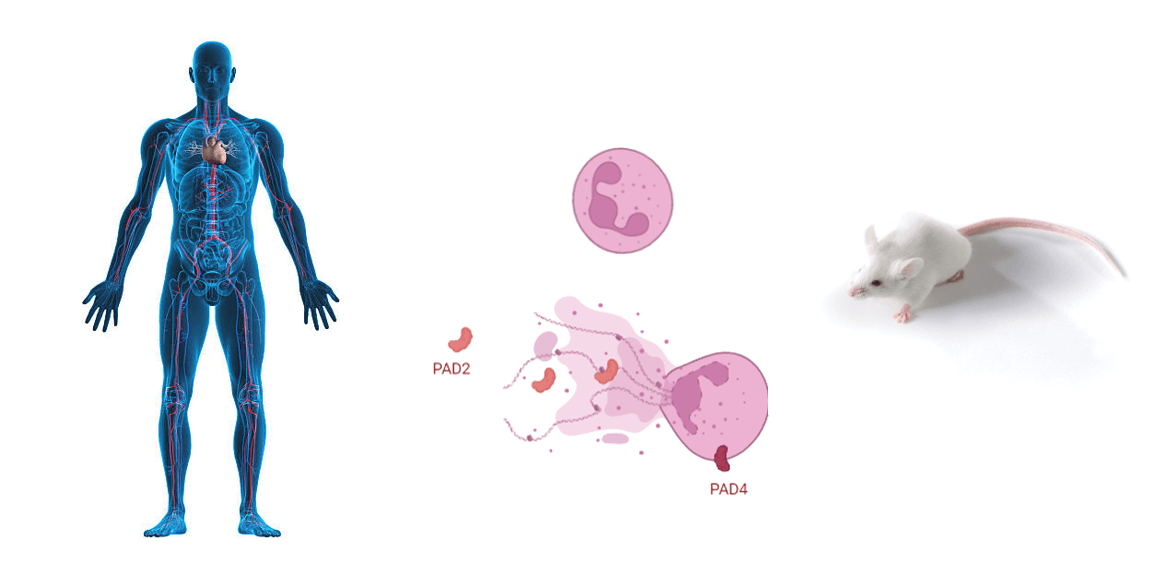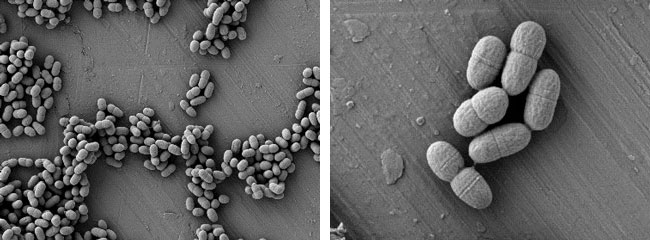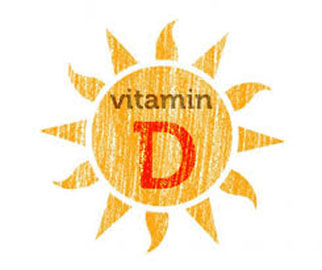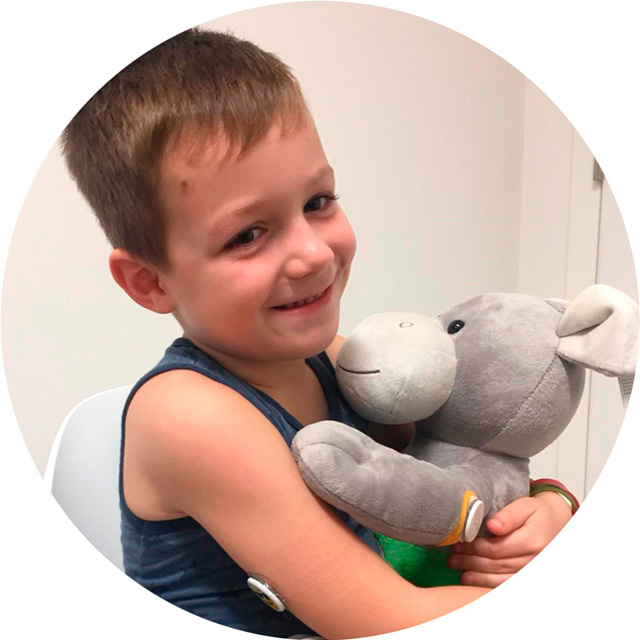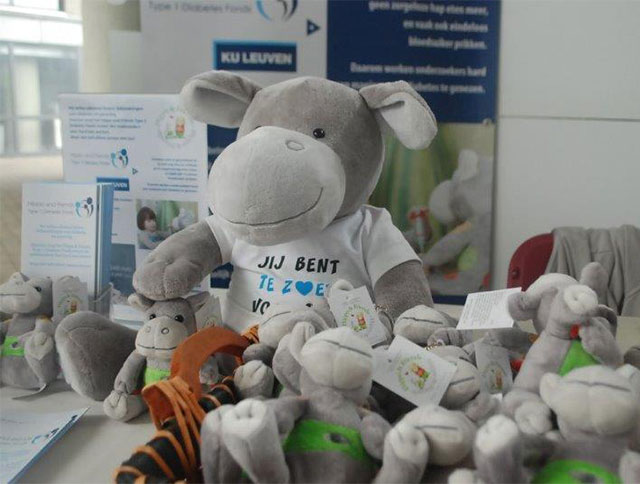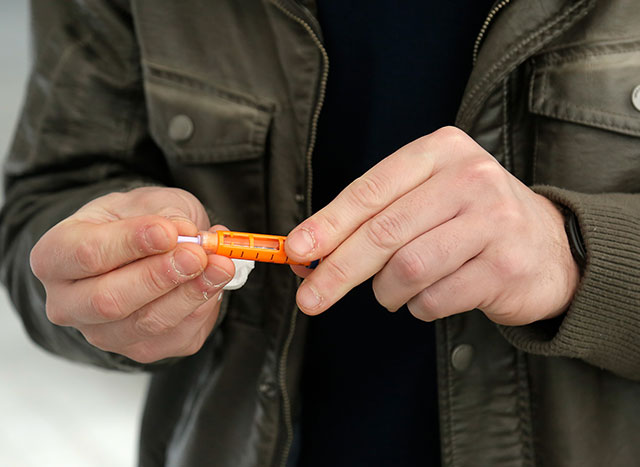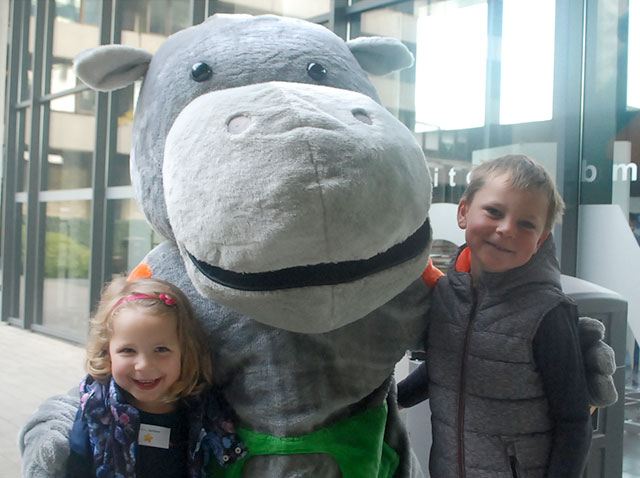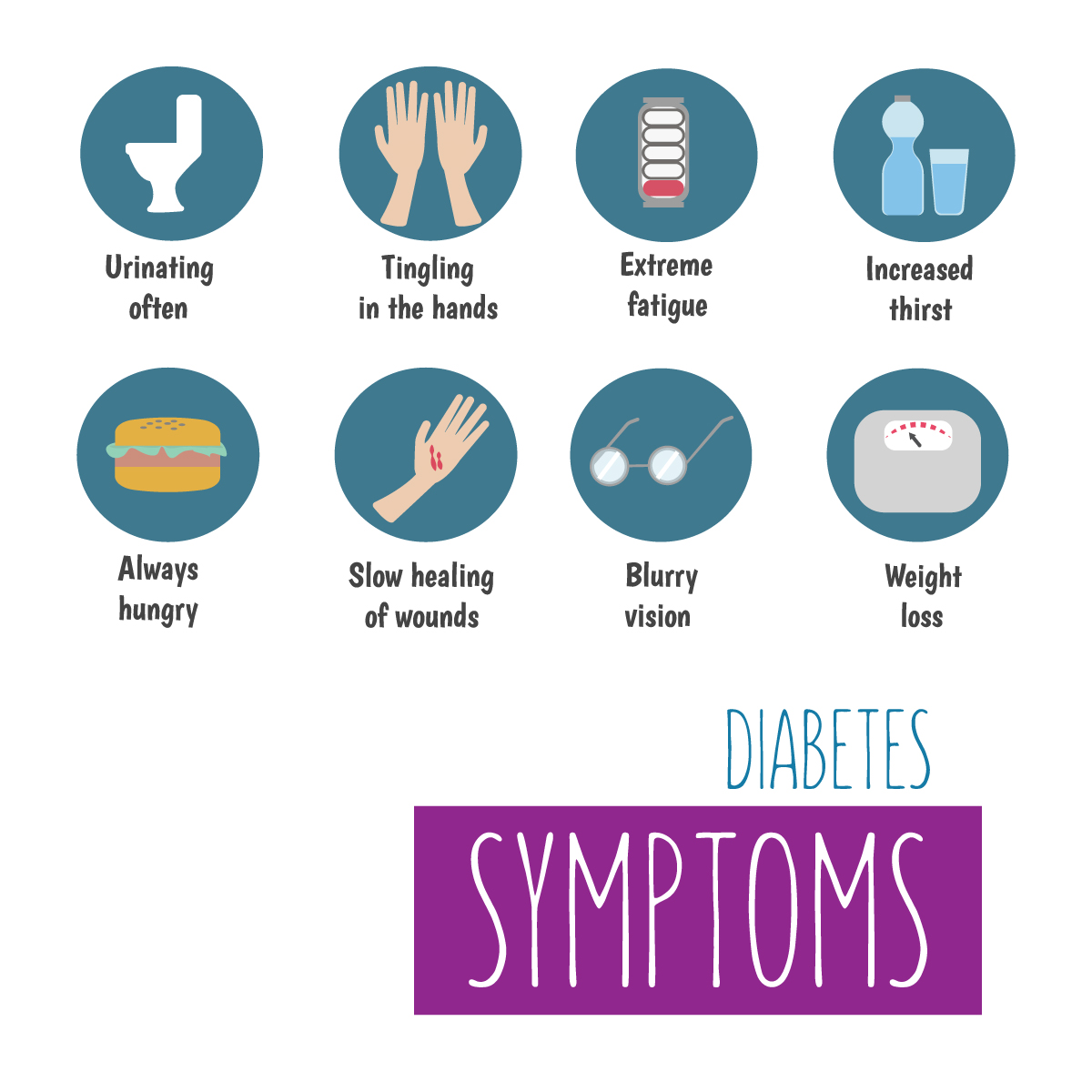The Hippo cuddle
The Hippo cuddle
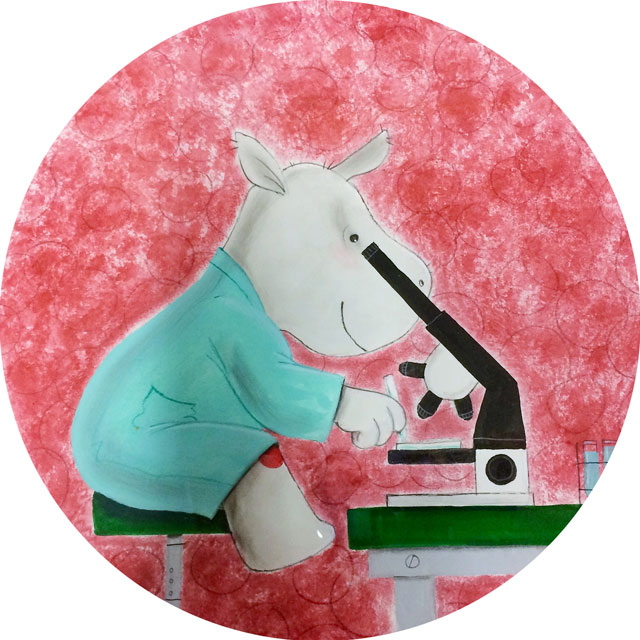
Hippo saw daylight on the 14th of November 2008 " world diabetes day"
A cute cuddle with type 1 diabetes! Just like children with type 1 diabetes, he measures his blood sugar levels several times a day and administers insulin because his pancreas produces too little or no insulin. He is a unique compagnion for children with type 1 diabetes! The name was not chosen by accident. Hippo sounds like 'hypo': the name for an abnormal drop in blood sugar that makes a person with diabetes unwell. In the meantime, Hippo is an indispensable support and refuge for many children with type 1 diabetes. Many people with type 1 diabetes received this cuddle in the past and still take it with them to consultations or hospital admissions. With financial support from the pharmaceutical world (Abbott), Belgian children are offered a Hippo cuddle free of charge when they are diagnosed with type 1 diabetes.


